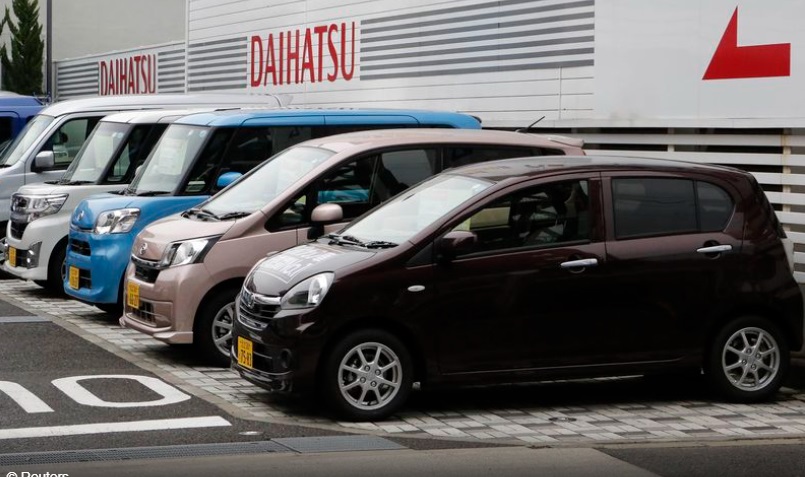Daihatsu, a subsidiary of the Toyota Group, has recently announced the suspension of all activities until the end of January 2024.
During this period, Daihatsu will work with the Japanese Government to address the consequences and find ways to support affected businesses.
The Daihatsu scandal also involves 58 affiliated distributors with 778 stores selling in Japan. Taking into account small dealerships distributing Daihatsu cars, this manufacturer affects about 30,000 car dealerships in Japan.
According to Daihatsu, there are over 4,000 businesses worldwide that rely on the company’s components, spare parts, and outsourcing services. The decision to close until January 2024 not only affects Toyota, as Daihatsu produces models carrying the Toyota brand, but also impacts companies using Daihatsu’s products and services.
Earlier in December, the company temporarily suspended distribution activities in domestic and international markets. However, Daihatsu later resumed distribution to the Indonesian and Malaysian markets after the governments of these countries confirmed the safety of the company’s car models sold in Southeast Asia.
In addition to the irregularities discovered in side collision tests and door parts in April and May, a recent investigation uncovered numerous new abnormalities in 174 points across 25 test categories.
Last week, Daihatsu announced that a total of 64 car models are related to the scandal, including 22 models sold under the Toyota brand and some models under the Mazda and Subaru brands.
TH(Tuoitrethudo)






























.jpg)
















